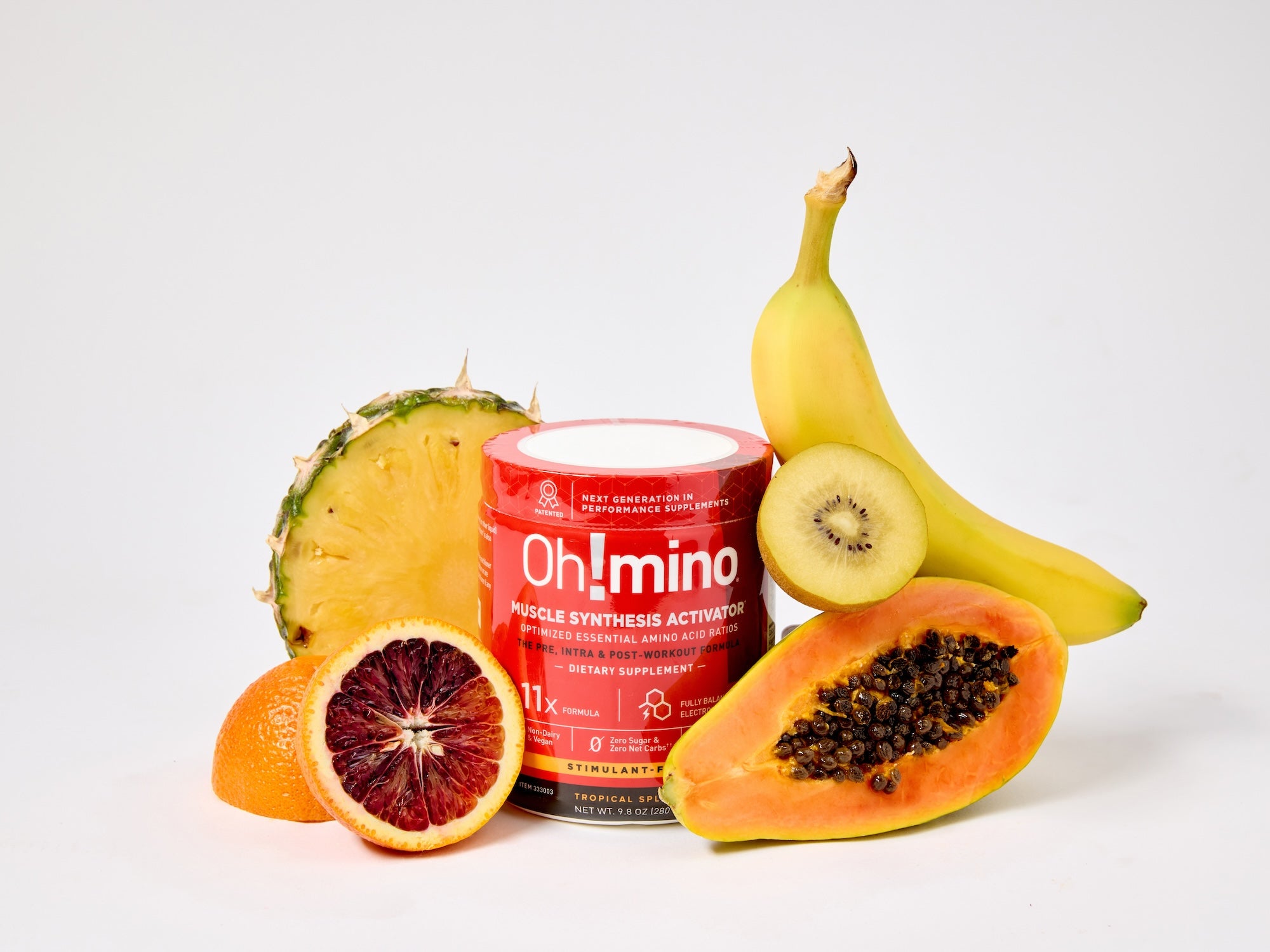In the modern hustle and bustle of our everyday lives, our approach towards health has become increasingly important.
Most often, we turn our attention towards our diets, our exercise routines, and our sleep schedules.
Yet how often do we consider the impact of our kitchen habits on our overall health?
The reality is, the way we prepare and cook our food plays a significant role in our nutrition and consequently, our overall wellbeing.
Championing Whole Foods: Making Healthier Choices
One of the fundamental principles of cooking for health is championing whole foods.
The foundation of any nutritious meal is built on whole foods.
From succulent fruits and vibrant vegetables to hearty whole grains, lean proteins, and nutritious legumes, these nutrient-dense foods provide a perfect balance of all essential macronutrients.
Apart from being immensely flavorful, what truly sets these whole foods apart is their lack of processing and refining.
This means they are free from the excessive sugars, unhealthy fats, and high sodium content that are staple additions in processed foods.
By choosing whole foods over processed ones, you're taking the first step towards a healthy and wholesome kitchen experience.
Cooking Methods: Steaming, Grilling and Roasting to Retain Nutrients
However, embracing whole foods isn't where this journey ends.
How we cook these foods significantly impacts their nutritional value and consequently, our health.
Choosing healthier cooking methods - such as steaming, grilling, and roasting - over frying is a great start.
Not only do these methods require less oil, but they also help preserve the nutrient content of your food, ensuring maximum health benefits.
Consider steaming vegetables to keep their vitamins intact, grilling meats for a delightful smoky flavor, and roasting a variety of food items to bring out their natural sweetness.
Using Fats and Salt Mindfully
That said, the art of cooking for health doesn't just involve the choice of ingredients or the selection of cooking methods.
It also involves a mindful approach towards the use of fats and salt.
Fats, particularly healthy fats like monounsaturated fats found in oils like olive oil and avocado oil, are a critical part of our nutrition.
However, it remains crucial to remember that these oils, like all other fats, are calorie-dense and should be used in moderation.
Likewise, managing salt intake is crucial for heart health.
While cooking at home helps drastically reduce sodium intake compared to eating processed or restaurant food, adopting a mindful approach towards salt usage in home-cooked meals will significantly benefit your cardiovascular health.
Consider substituting salt with natural flavor enhancers like herbs, spices, or even citrus juices to season your food.
The Colors of Health: Variety in Veggies & The Power of Whole Grains
Incorporating a variety of colorful vegetables in your diet ensures a more comprehensive nutrient intake.
A colorful plate is not just visually appealing but nutritionally well-balanced.
Different colored vegetables contain different types of key nutrients, thus offering a wide array of health benefits.
Pair this with opting for whole grains over refined grains, and you'll have a meal rich in fiber and other nutrients.
Plus, whole grains have the added advantage of providing a satiated feeling for longer, aiding in weight management.
Watch Your Portions & Keep Hydrated
Portion control is an essential component of a healthy diet.
No matter how healthy your food choices or cooking methods, overeating is bound to lead to calorie accumulation.
Making use of kitchen equipment like measuring cups and scales can help ensure appropriate portion sizes, particularly for high-calorie foods like nuts, seeds, and oils.
Beyond food, staying well-hydrated is vitally important for overall health.
Consuming enough fluids each day, coupled with high water-content foods like cucumber or melon, can contribute significantly to maintaining optimal hydration levels.
Plan Ahead: The Benefits of Meal Prep
Embracing meal planning and prep can make the cooking process more efficient, reducing the temptation of resorting to unhealthy convenience foods.
By planning your meals in advance and preparing some elements ahead of time, you can ensure a smooth and stress-free cooking experience.
The Journey to Better Health: Progress Over Perfection
However, remember that striving for progress is better than aiming for perfection.
Small, incremental changes are often more sustainable in the long run than drastic, sweeping alterations.
It's okay not to get everything right all at once.
So, celebrate your successes, learn from your missteps, and keep pushing forward in your journey towards better health.
With a little patience and persistence, you will soon see the fruits of your labor in the form of improved health and wellbeing, one healthy, home-cooked meal at a time.
Stay fit my friend,
Michael
Founder & CEO


